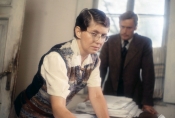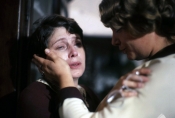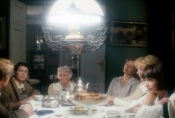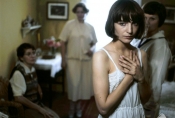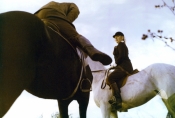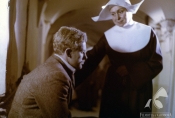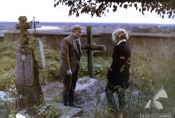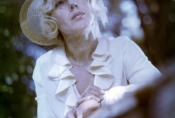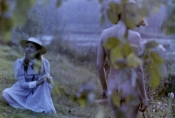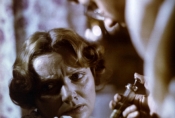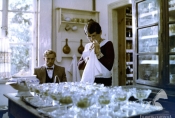THE MAIDS OF WILKO [1979]
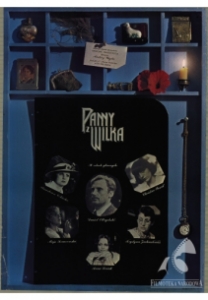
year:
- 1979
release date:
- 4 IX 1979
runtime:
- 116 min
directed by:
- Andrzej Wajda
written by:
- Zbigniew Kamiński based on a short story by Jarosław Iwaszkiewicz
director of photography:
- Edward Kłosiński
cast:
- Daniel Olbrychski [Wiktor Ruben], Anna Seniuk [Julcia], Maja Komorowska [Jola], Stanisława Celińska [Zosia], Krystyna Zachwatowicz [Kazia], Christine Pascal [Tunia], Zofia Jaroszewska [Wiktor’s aunt], Tadeusz Białoszczyński [Wiktor’s uncle], Paul Dutron [Jola’s husband], Zbigniew Zapasiewicz [Kawecki], Joanna Poraska [the sisters’ mother], Andrzej Łapicki [doctor in Stokroć]
edited by:
- Halina Prugar
music by:
- Karol Szymanowski
production design:
- Allan Starski, Maria Osiecka-Kuminek
produced by:
- Zespół Filmowy „X”, Pierson Production - Les Films Moliere
executive producer:
- Barbara Pec-Ślesicka, Tony Moliere
awards:
-
• Polish Film Festival Gdańsk 1979: Special Jury Prize, award for best set design for Allan Starski and Maria Osiecka-Kuminek
• Nomination for an Academy Award Oscar 1980
• Viewer’s Seat Award 1980
About the film
The film reflects on human life, perversely encouraging us to enjoy it at the right time. Beautiful landscapes are permeated with a nostalgic haze; the recesses of the house abound with lurking memories. All of these complement the narrative.
Forty-year-old Wictor Ruben, heartbroken after the death of a friend, visits the house of his uncle and aunt, and the country house of a friendly neighbour. He spent his youth there, surrounded by girls who were more than just friends to him. Ruben remembers the last summer before the war. The carefree atmosphere, friendship and budding love, harmonised with the beautiful surroundings and hot summer.
Now, much has changed. His aunt and uncle have become old; the girls have grown into women. One of them, Fela, has died, others have got married. Attempts to rekindle the romance have no future, and remembrances of the past awaken not just nostalgia, but also anxiety in the residents of the estate. The supposed idyll of the return is interrupted by information on their complex lives, dramas, and disappointments. Wiktor takes an ironic consolation prize with him when he leaves − some jars of preserves. The spell has been broken, there can be no return to the past. Wiktor resolves to never go back to Wilko.
Agnieszka Czachowska, Leksykon polskich filmów fabularnych, Warszawa 1996
